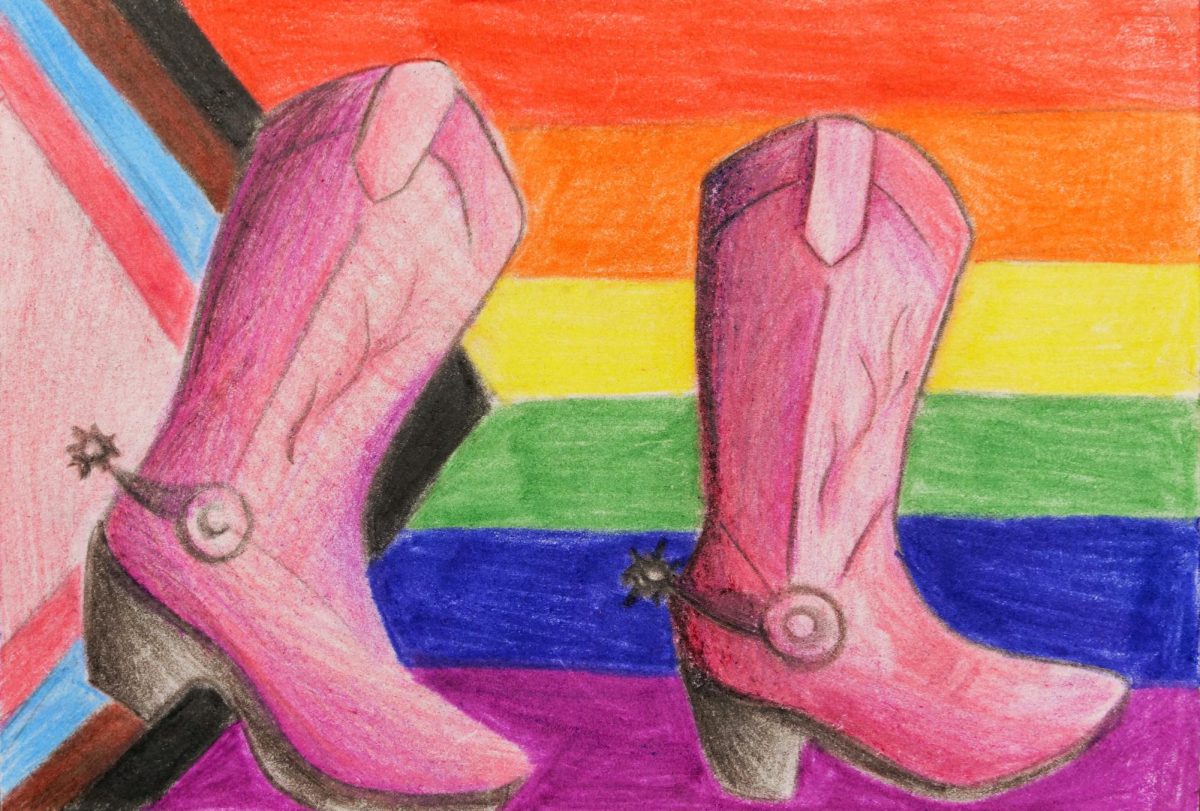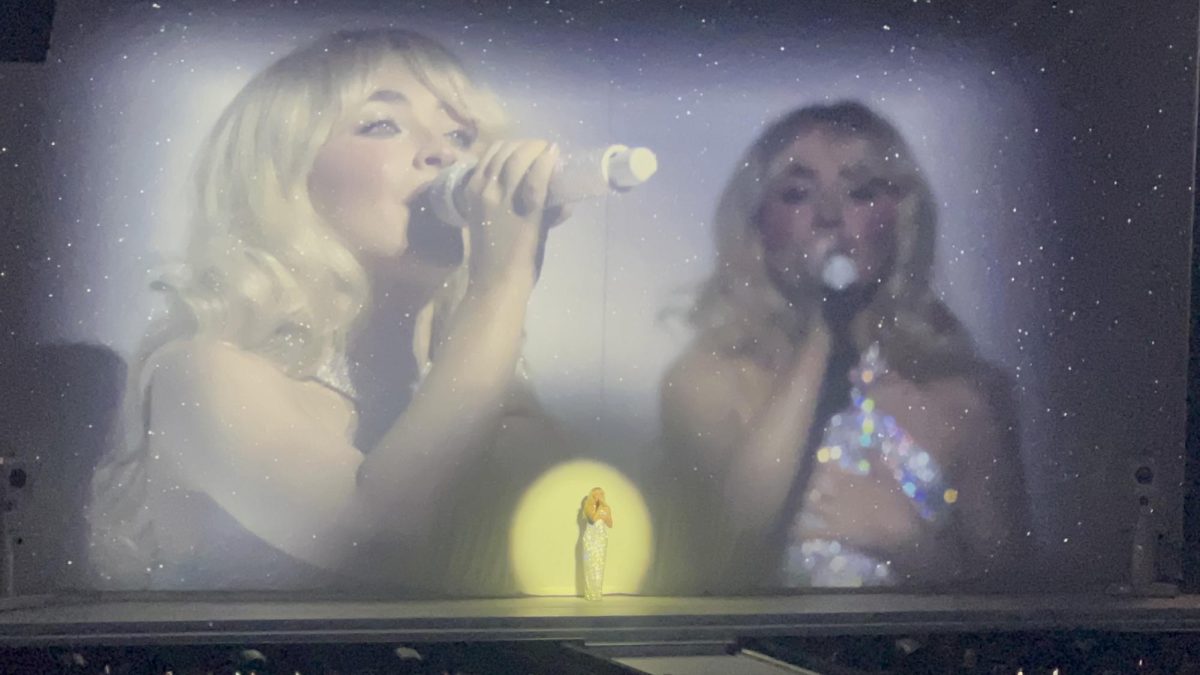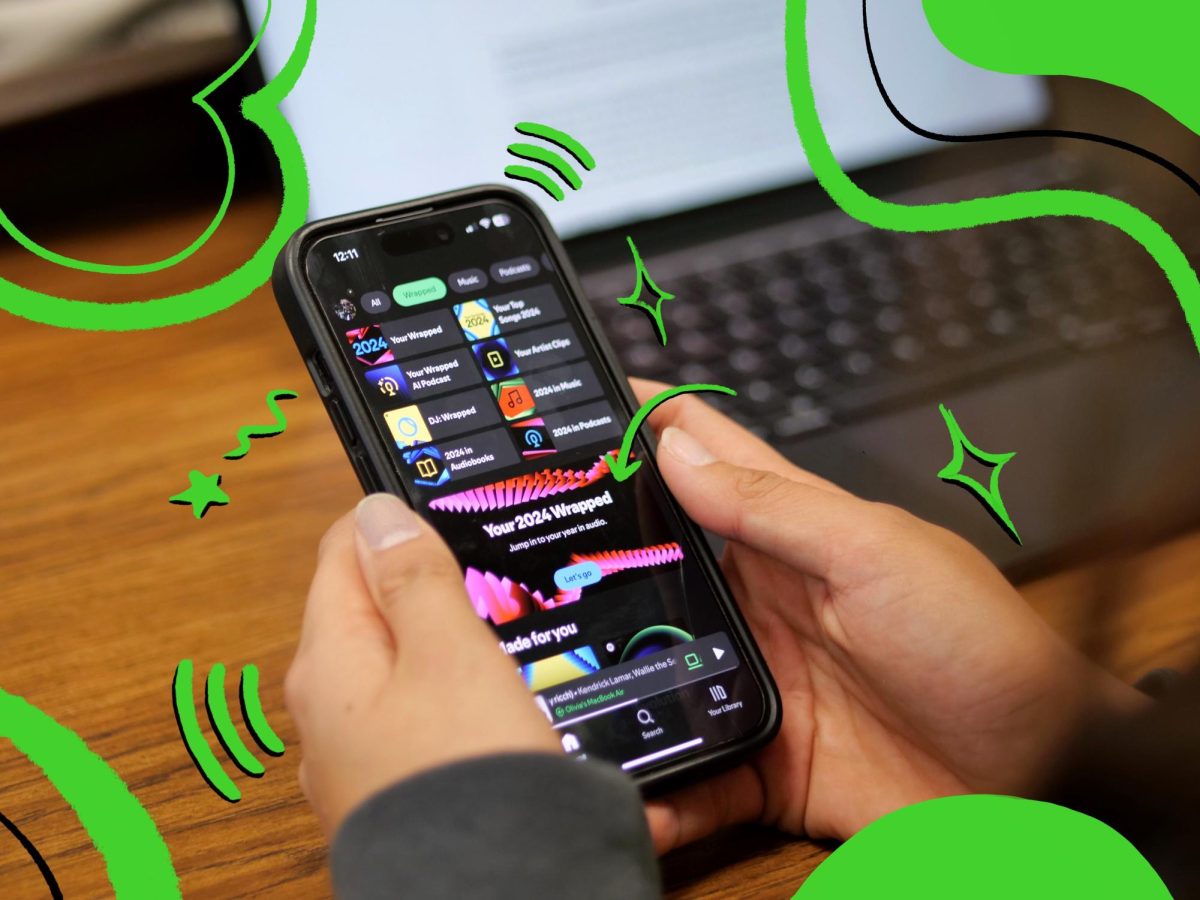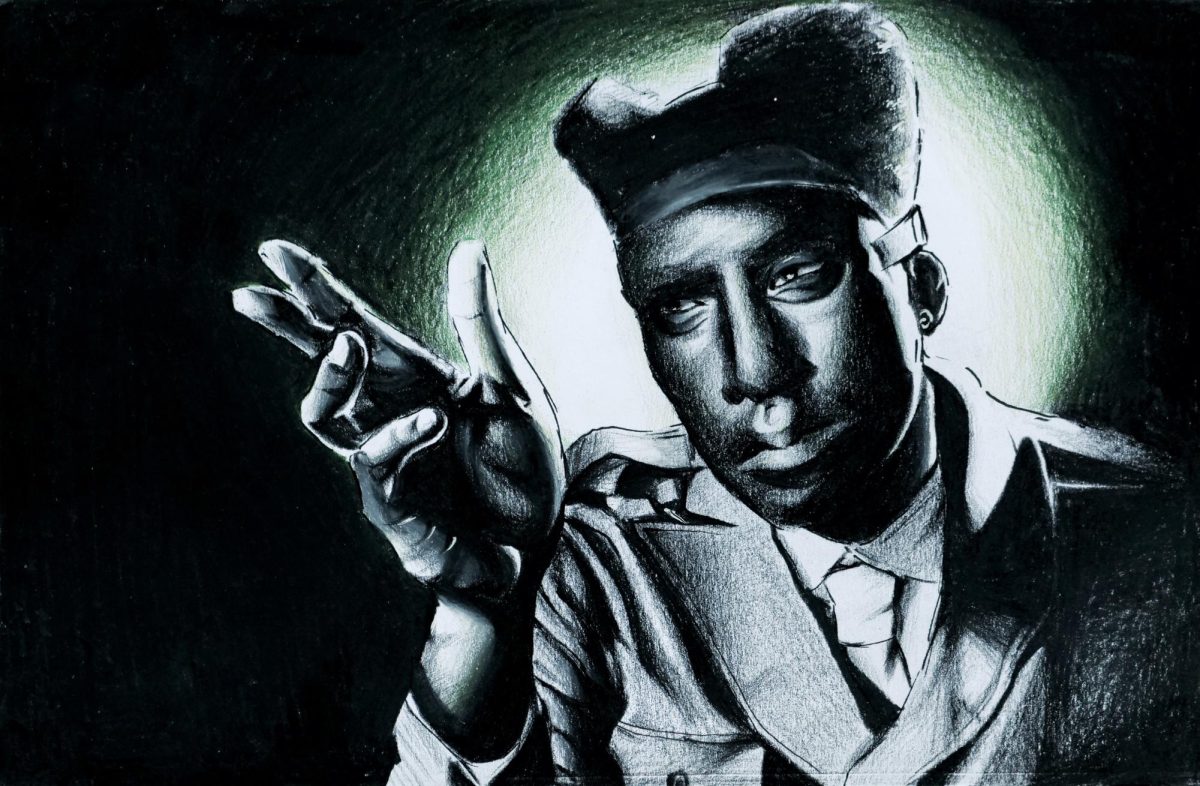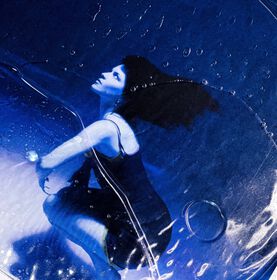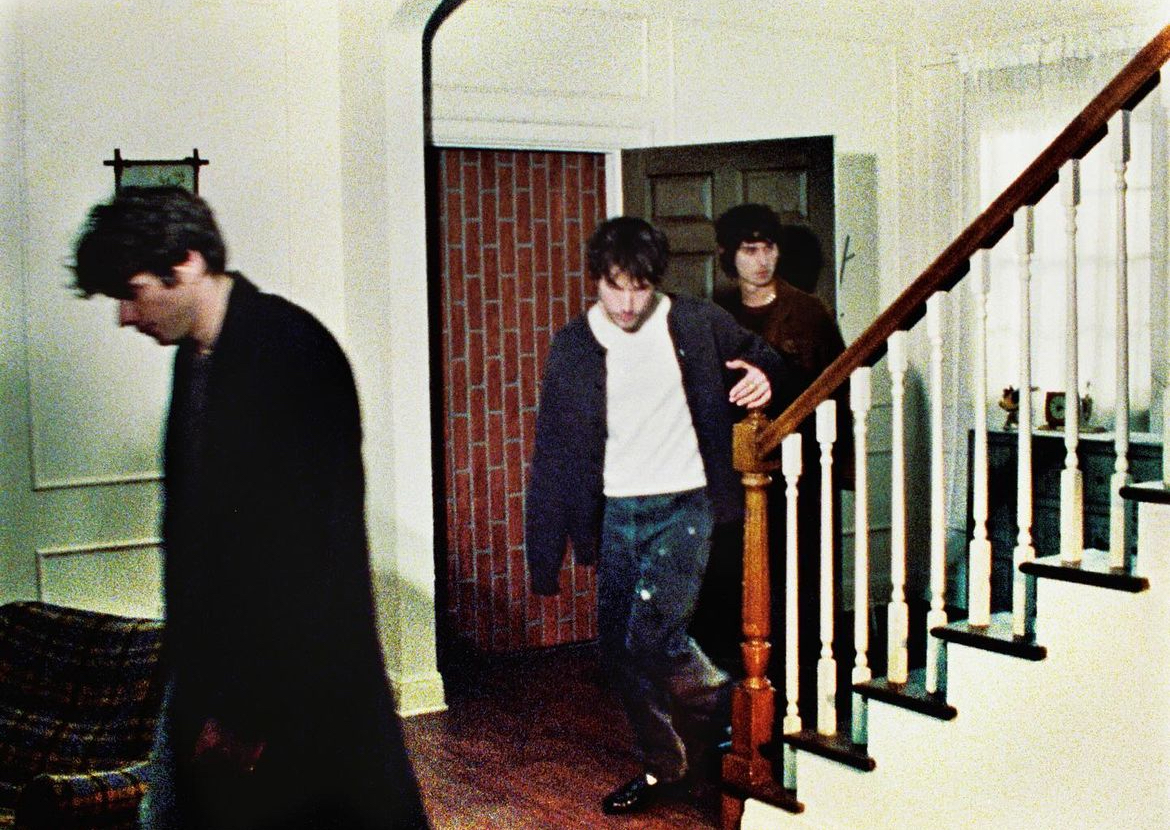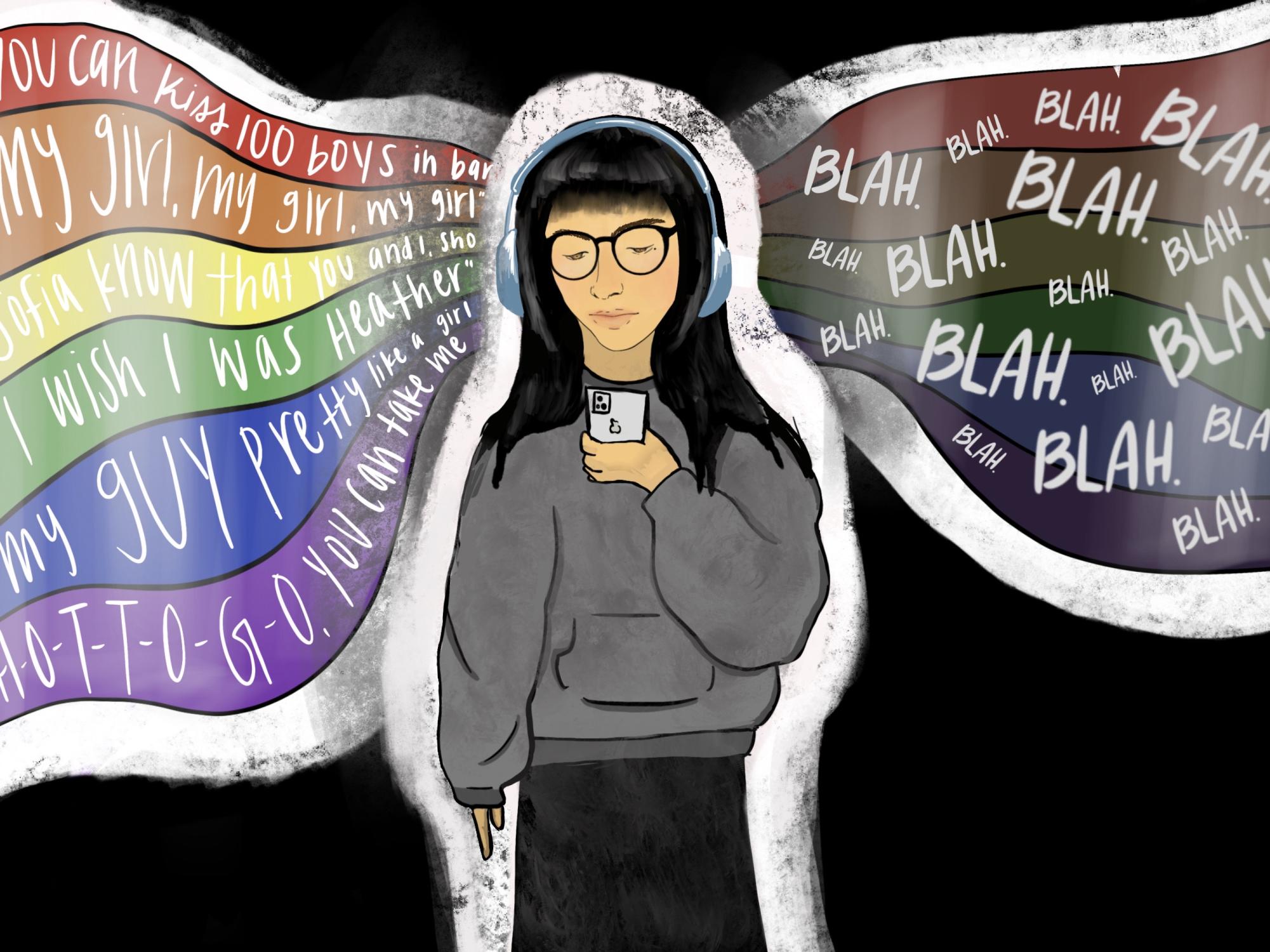
Donate to The Wildcat
$25
$1000
Contributed
Our Goal
Your donation supports the student journalists at Brea Olinda High School! The contribution will help us purchase equipment, upgrade technology, and cover our annual website hosting costs.
About the Contributors

Olivia Chappell, Staff Writer
Olivia Chappell, senior, is looking forward to her first year as a Wildcat Staff Writer and is hoping to leave high school on a positive note.
She is a hardworking athlete, captain of the BOHS golf team, and can usually be found on the golf course or in the gym (never without her beloved AirPods.) She has traveled all over California and the nation for golf tournaments and dreams of being a professional golfer in the future. For now, she has verbally committed to California State University, Long Beach (CSULB), and will be playing Division 1 golf next year.
During her rare pockets of free time, Liv enjoys reading a good book at a local cafe with an iced coffee while listening to her favorite artists, Kendrick Lamar or Chappell Roan. She also loves researching and writing about current political and government events, particularly interested in spreading inclusivity throughout the country. She is excited to start her college golf career at CSULB and hopes to keep exploring writing and journalism there.

Claire Kim, Illustrator/Photographer
Claire Kim, senior, is excited to join the Wildcat staff as an illustrator for her last year in high school. She hopes to enhance the school paper and expand its influence through her artwork and creativity.
Claire is the president and founder of the International Food Club at BOHS.
Outside of the classroom, Claire participates in various activities, including art classes, taekwondo, dance, boy scouts, and community service activities. In her free time, she enjoys being with her friends and expressing herself through art, dance, singing, and vlogging.
Once she graduates, Claire hopes to pursue a career in graphic design. For now, is focused on building her portfolio.




